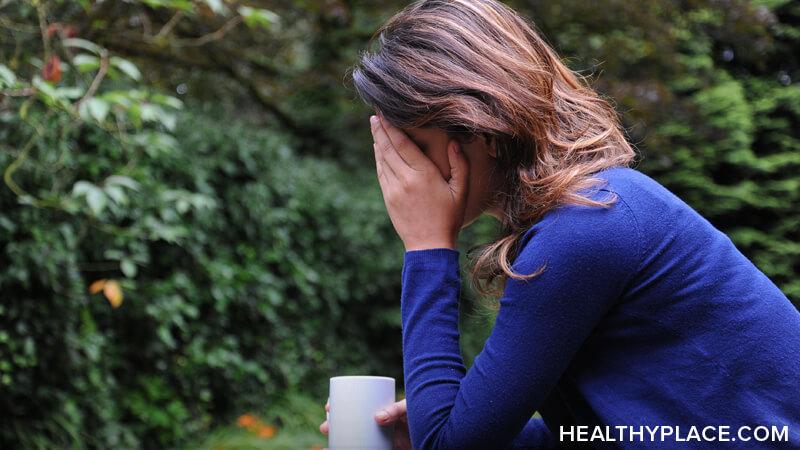PTSD and Grief: Coping with Loss

I have battled grief in relation to my posttraumatic stress disorder (PTSD). I've spent years mourning the life I had before my trauma, as well as the life I feel I could have had if that traumatic event had never happened in the first place. Posttraumatic stress disorder has amplified my experience of grief.
As an emotion associated with loss, grief can sometimes illicit loneliness and depression. For example, when we deeply care about or love someone, losing them can feel agonizing. You have all this love inside of you, yet you feel like there's nowhere to put it. Add that to PTSD symptoms like fear, panic, sadness, and dissociation, and it can all become too overwhelming to bear.
How PTSD Intensifies Grief
Grief can result from various types of losses, from the death of a loved one to the end of a relationship. You can even grieve a job, place, specific time in your life, or past version of yourself.
Regardless of the trigger, battling grief with PTSD can be an isolating experience. Often, it feels like the only person or thing that could take the pain away is exactly who and what we are grieving in the first place. For example, when I was grieving someone I loved after an unexpected breakup, all I wanted to do was reach out to him for comfort — the same man who had caused me the pain in the first place.
Because of my PTSD, it can be especially difficult for me to regulate my nervous system and cope with loss. Grief often reminds me of the extreme emotional distress I endured during my trauma, causing me to feel unsafe or disconnected. When it gets to be too much, I might even slip into dissociation and become numb to the pain altogether.
Processing Grief with PTSD
The other day, I received news that someone from my hometown had passed away. While we weren't close, the news sent me spiraling. He was an incredible human with a beautiful family and had endured so much to make it to this point in his life. I thought about his loved ones and friends — how they must be feeling. I cried their tears for a while, the force of my sobs causing me to fall to the floor. I picked up the phone and stopped myself from dialing the numbers of every old friend I had to check up on and remind them how much I cared.
Then, when my body exhausted itself enough, I stared at my ceiling in utter silence as I wondered how life could be so unfair.
I believe battling a disorder like PTSD makes me more empathetic than most. I don't want anyone to feel the same pain I feel, and even just hearing about someone else's suffering is enough to knock me off course. Actually experiencing loss and grief with PTSD is torturous at times.
But to truly move through and heal from intense emotions like grief, we must allow ourselves the time and space to process them. This might mean talking through them with a loved one, letting yourself cry it out, moving your body to release stored emotions, and seeking professional help. I did all of those things, and though it took days for me to feel even remotely like myself again, I was able to climb out of the dark hole.
Life isn't fair. Battling PTSD isn't simple. Coping with grief isn't easy. Adding all that together can feel impossible at times. But to have someone to grieve, we must first open our hearts to them. It's the price we pay for loving deeply.
APA Reference
Caramela, S.
(2023, June 26). PTSD and Grief: Coping with Loss, HealthyPlace. Retrieved
on 2026, March 5 from https://www.healthyplace.com/blogs/traumaptsdblog/2023/6/ptsd-and-grief-coping-with-loss
